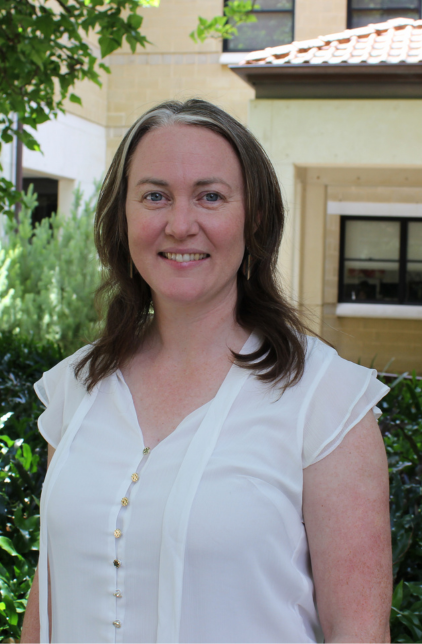A diverse research background and passion for both agricultural and native ecosystems has given newly appointed UWA School of Agriculture and Environment lecturer Dr Caitlin Moore a unique edge.
Growing up on a beef farm in her home state Victoria, Dr Moore said it was impossible to shake off her ‘farm kid roots’ when it came time to carve out a career in academia.
“My PhD at Monash University equipped me with skills in measuring ecosystems and their response to climate,” she said.
“When the prospect arose to apply my research skills in the agricultural sector in the USA, I jumped at the opportunity.”
 Image: Dr Caitlin Moore is looking forward to a productive year at UWA.
Image: Dr Caitlin Moore is looking forward to a productive year at UWA.
Dr Moore diversified her ecosystem knowledge to include agricultural systems as a Postdoctoral Researcher at the University of Illinois Urbana-Champaign – right in the heart of the high production corn and soybean Midwest region.
She worked at the Center for Advanced Bioenergy and Bioproducts Innovation on quantifying the sustainability of bioenergy crops grown in the USA, and on the Water Efficient Sorghum Technologies project developing high-throughput techniques to measure cropping systems faster.
In early 2020, Dr Moore left the USA to commence as a UWA Research Fellow, working on building research infrastructure and capacity for ecosystem monitoring in WA in partnership with the Terrestrial Ecosystem Research Network (TERN) supported by the National Collaborative Research Infrastructure Strategy.
To understand how native and managed ecosystems grow and respond to climate, she uses a wide range of field measurement techniques including leaf gas exchange, eddy covariance, micrometeorological observations, and hyperspectral sensing to monitor ecosystem changes over time.
Dr Moore said a cross-disciplinary approach was essential to help our agri-food industry and native ecosystems become more resilient in a future with increased climate variability.
“I am combining knowledge from both agricultural and environmental science disciplines to measure how (agri)ecosystems respond to climate and extreme weather events and develop ways to improve monitoring and early warning systems,” she said.
Dr Moore said her new role was an opportunity to combine her research passions in these two disciplines more easily.
“I also get to work with a bunch of talented and motivated colleagues and collaborators here in WA, as well as nationally and abroad,” she said.
Inspiring the next generation of research professionals and equipping them with the skills they will need to innovate solutions for these two sectors is something I look forward to bringing to my teaching at UWA.
Dr Caitlin Moore
Looking to the future, Dr Moore said her research priorities were to continue expanding TERN monitoring capabilities in WA through development of an agricultural flux monitoring network, building on existing TERN capabilities, and collaborating with new stakeholders working in the agricultural sector.
She is also pursuing research in emerging agricultural practices including linking solar power and food production to decarbonise WA’s economy (agrivoltaics), quantifying the benefits of cover cropping in vineyards and developing WaterSmart dams in collaboration with WA’s Grower Group Alliance, and application of rock dust to cropping systems to enhance weathering and improve carbon budgets.
